Recently, the Ministry of Health issued Official Dispatch No. 557/BYT-MT signed by Deputy Minister Nguyen Thi Lien Huong, on strengthening measures to protect people's health during the cold season.
Recently, the Ministry of Health issued Official Dispatch No. 557/BYT-MT signed by Deputy Minister Nguyen Thi Lien Huong, on strengthening measures to protect people's health during the cold season.
The aim of this circular is to minimise the impact of cold weather on public health, particularly on high-risk groups such as the elderly, children and those with chronic diseases.
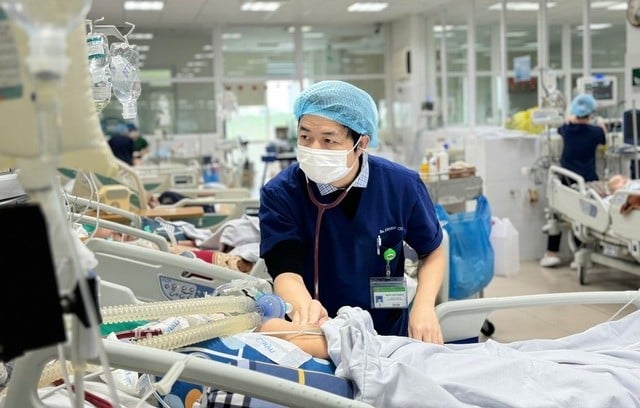 |
| According to the Ministry of Health, the cold season can cause many health problems for people, from colds, sore throats, pneumonia to serious illnesses such as strokes or carbon monoxide poisoning when using unsafe heating devices. Photo: SKDS |
The dispatch was sent to the Chairmen of the People's Committees of provinces and cities across the country, including localities heavily affected by the cold spell such as Ha Giang, Cao Bang, Bac Kan, Son La, Lai Chau, Ha Tinh and Thua Thien Hue.
The Ministry of Health requires localities to monitor and inform about the weather situation: Relevant departments and branches need to continuously monitor the weather situation and promptly notify people about the appearance of severe cold spells, so that they can proactively take precautions.
Disseminate cold-weather health care guidelines: Departments of Health and health facilities at all levels should disseminate cold-weather health care guidelines to the community, especially workers and vulnerable groups. Health facilities should also ensure readiness to respond to cold-weather-related emergencies.
Strengthening communication on health in the cold season: The Ministry of Health requires local information and press agencies to coordinate with the Department of Health to organize propaganda campaigns on health protection measures in the cold season through mass media.
According to the Ministry of Health, the cold season can cause many health problems for people, from colds, sore throats, pneumonia to serious illnesses such as strokes or carbon monoxide poisoning when using unsafe heating devices. In particular, people who work outdoors or in cold, windy environments are susceptible to these problems.
People, especially the elderly and children, should limit going out when the weather is too cold and windy. When going out, they should wear warm clothes and protect their bodies from the cold wind, including coats, thick pants, hats, gloves and masks.
Regularly clean your mouth and throat with warm salt water, gargle, and wash your hands to prevent infectious diseases. Maintain a nutritious diet, especially supplement with vitamins A and C to strengthen the body's resistance.
Provide adequate nutrients such as starch, protein, fat and vitamins for the body. Heavy workers, the elderly and children need to increase nutrition to fight the cold.
People with a history of high blood pressure, cardiovascular disease, or musculoskeletal disease need to closely follow their doctor's instructions and regularly monitor their blood pressure and health.
Especially for workers in cold environments, it is necessary to be fully equipped with protective gear, including waterproof jackets, hats, cotton-padded gloves, and warm boots to protect the body from the cold and avoid catching a cold.
If working in areas such as mines or outdoors, it is necessary to keep the body warm continuously and eat enough nutrients to maintain health in harsh conditions.
Never use charcoal or honeycomb coal in a closed room for heating. If necessary, open the door for ventilation and only use for a short time, avoid heating overnight.
Heating devices such as fan heaters and heating lamps must be used properly and should not be placed near children or the elderly. Ensure a safe distance and do not shine directly on the body to avoid burns.
During the cold season, the body is susceptible to severe cold, especially for those with poor health. Symptoms such as headache, dizziness, chest pain, and cold limbs can be signs of serious problems such as stroke or hypothermia. When these symptoms appear, keep your body warm immediately and go to a medical facility for a timely health check.
Source: https://baodautu.vn/bien-phap-bao-ve-suc-khoe-khi-ret-dam-ret-hai-d244638.html


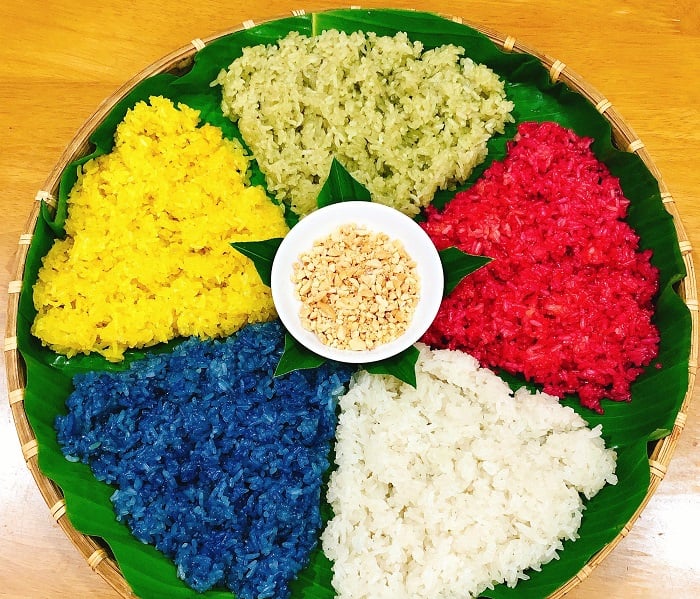

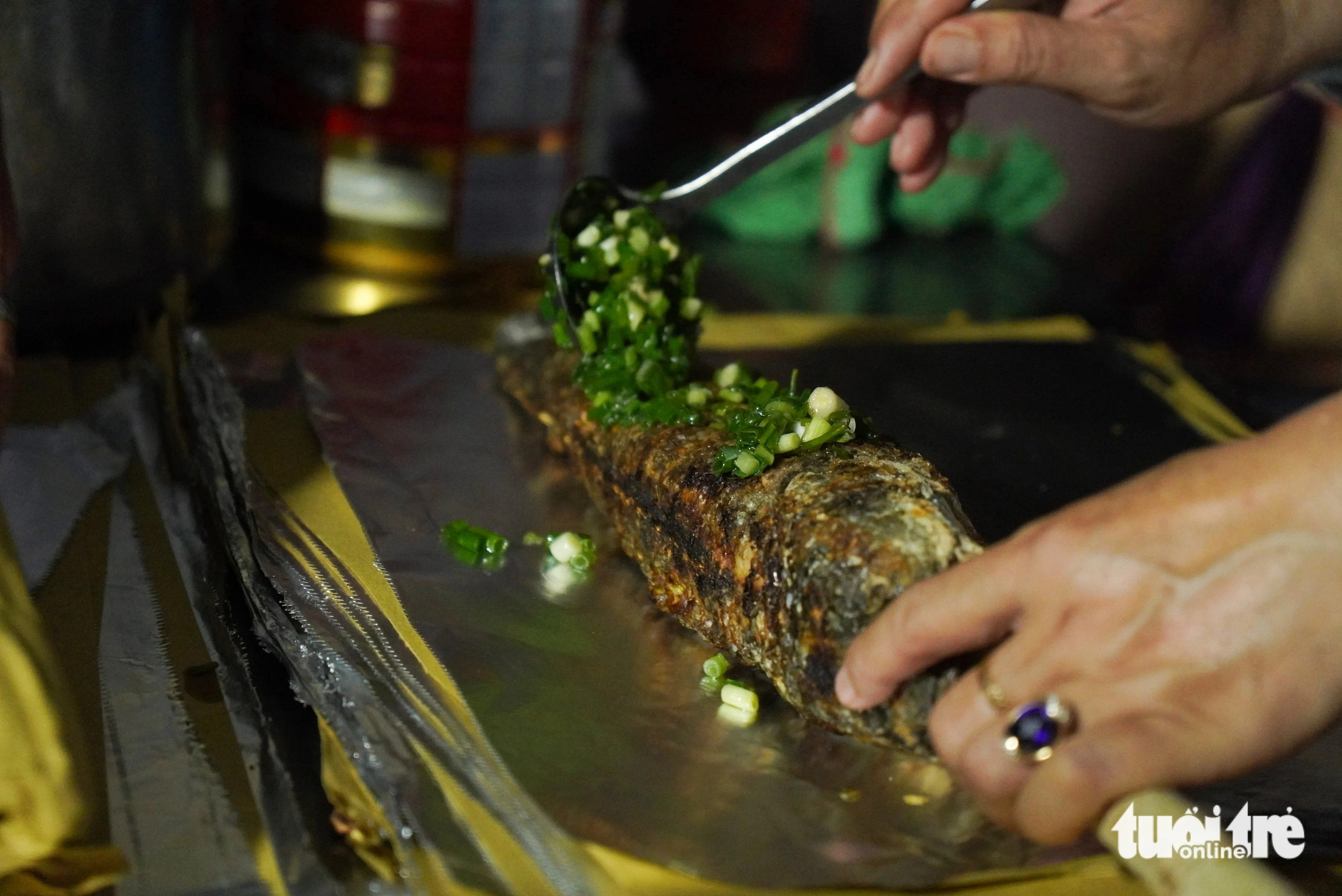

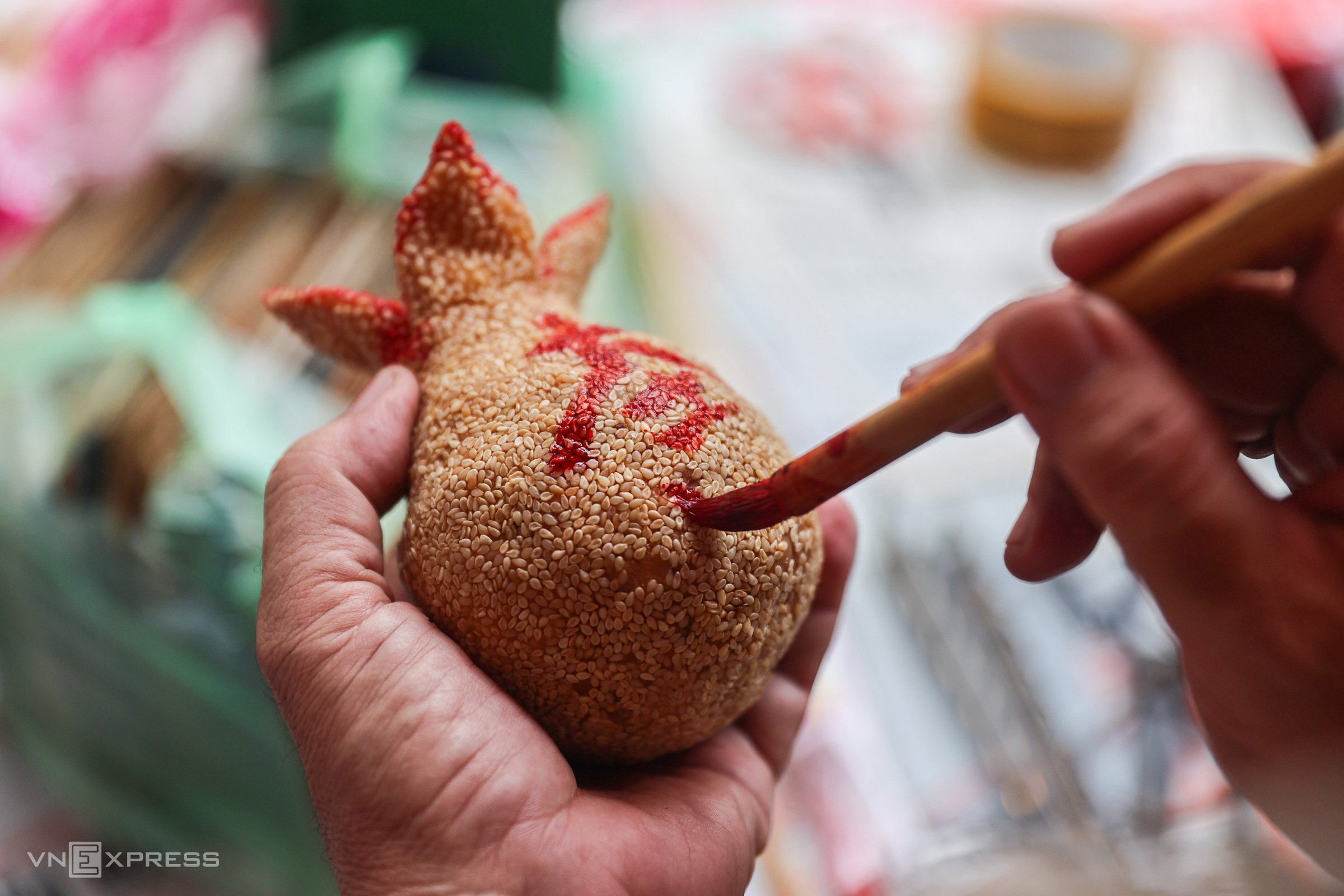























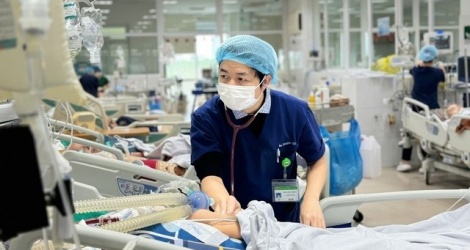


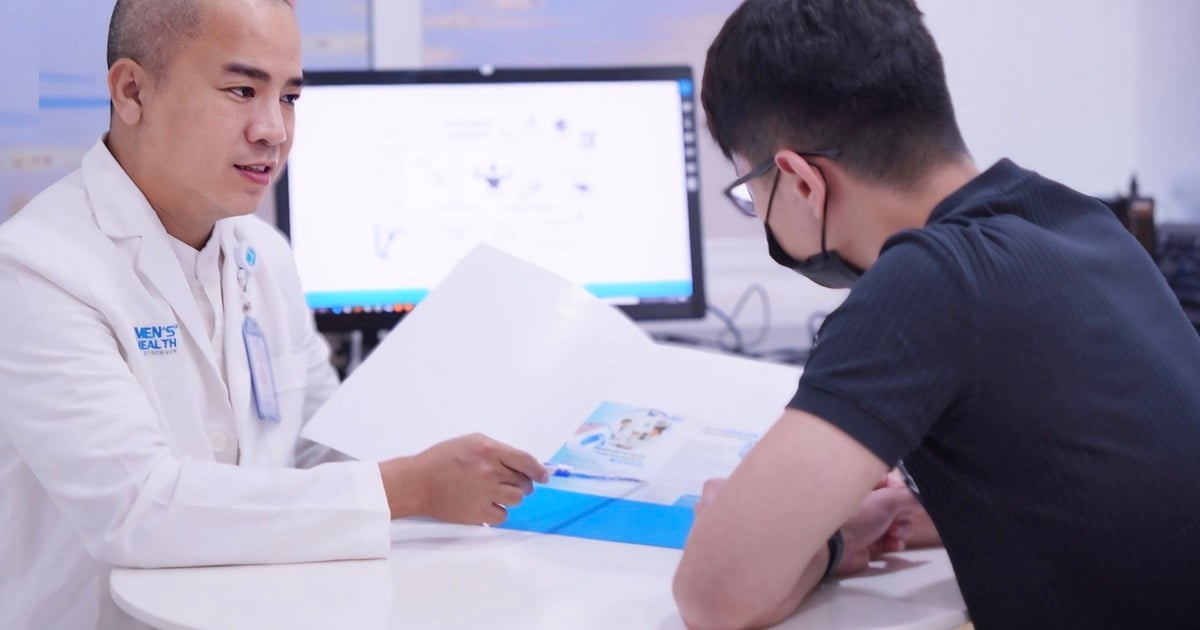
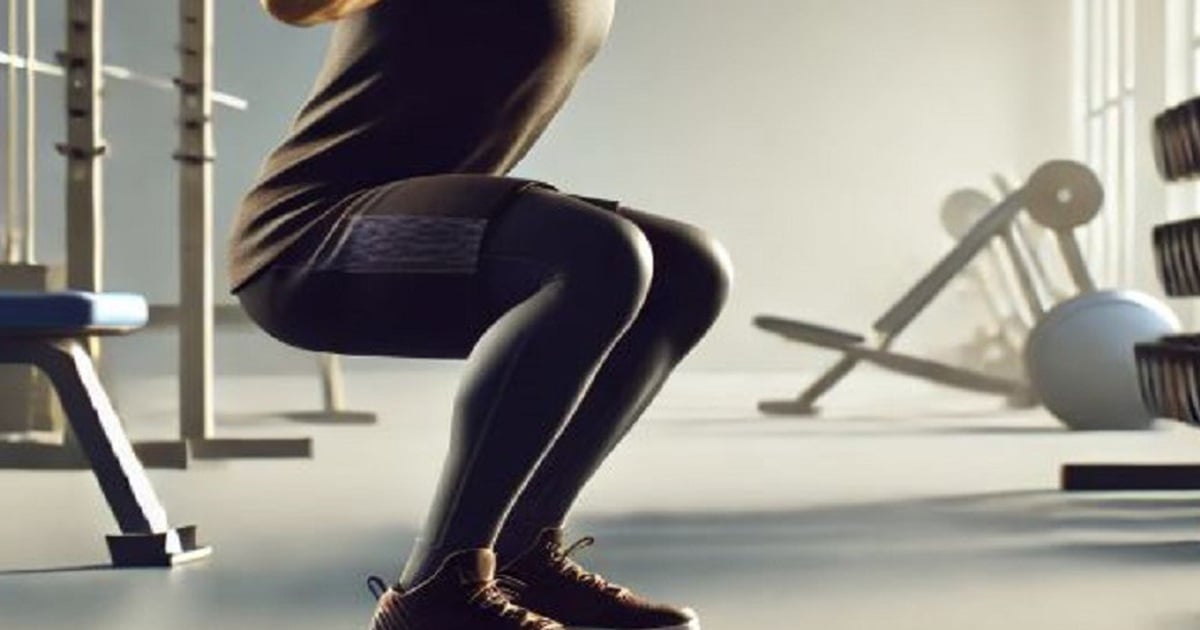
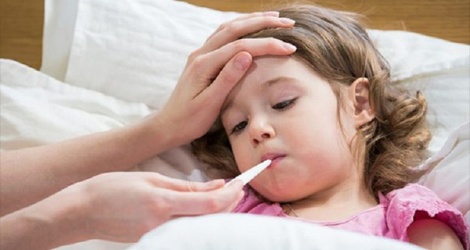
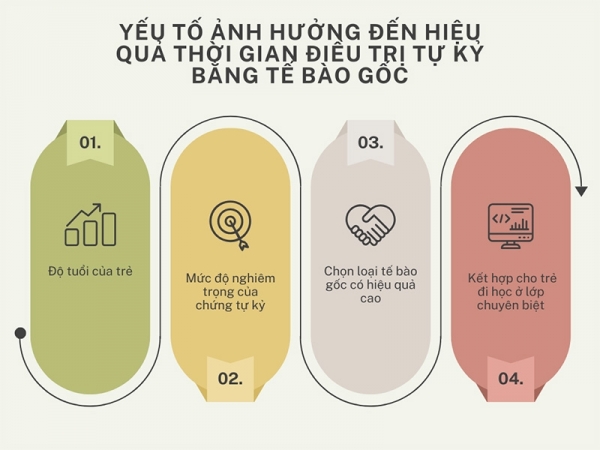




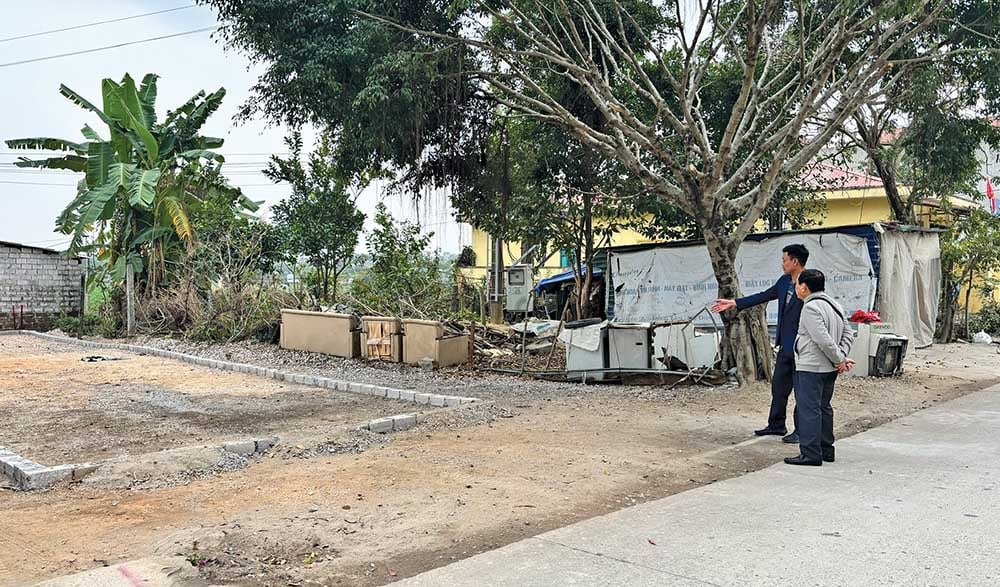

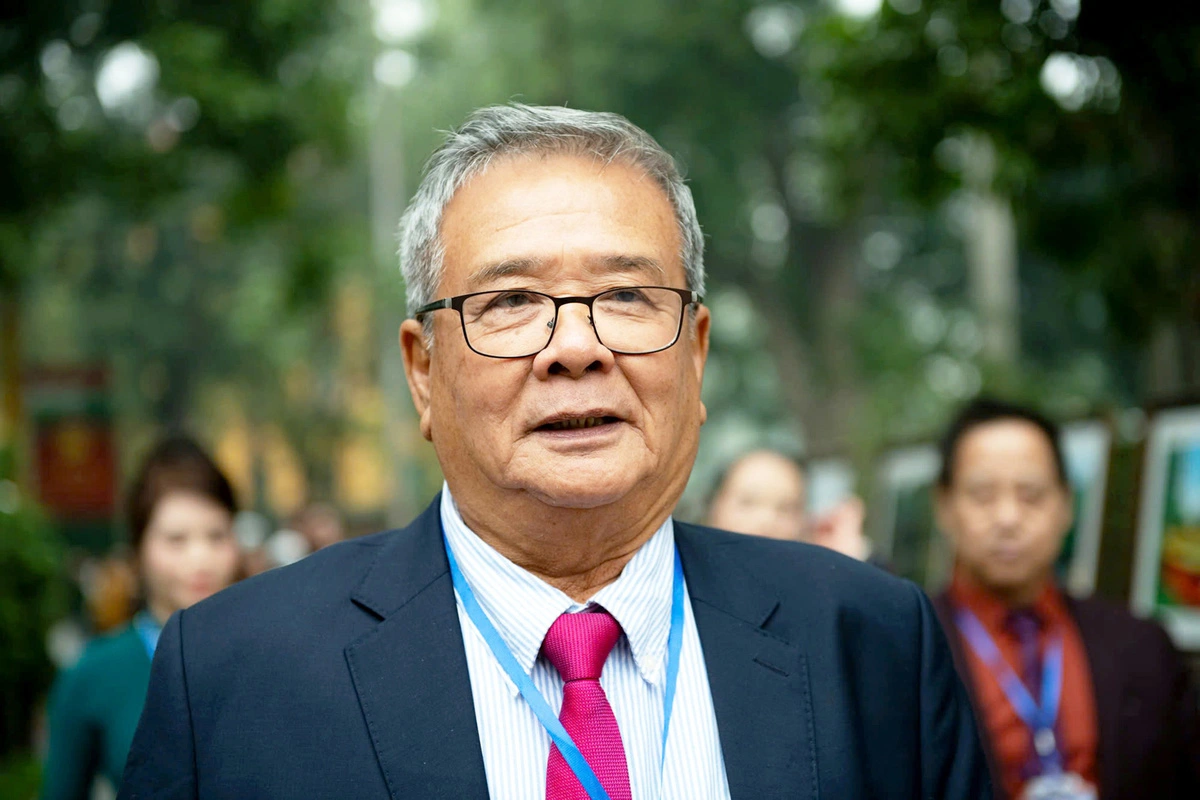




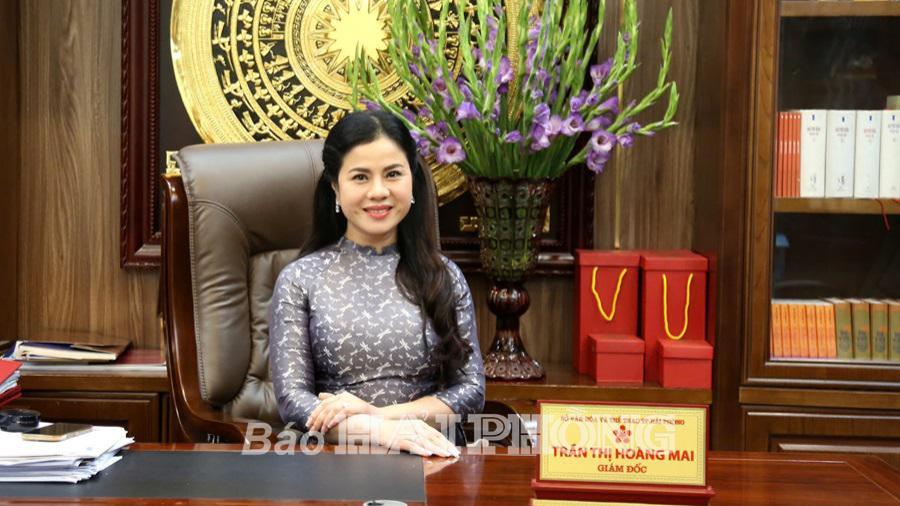

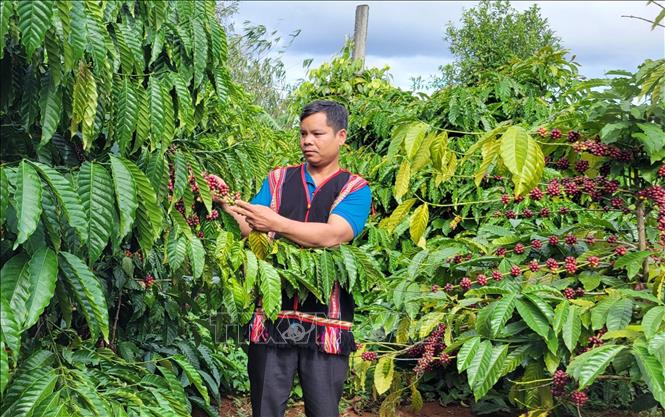

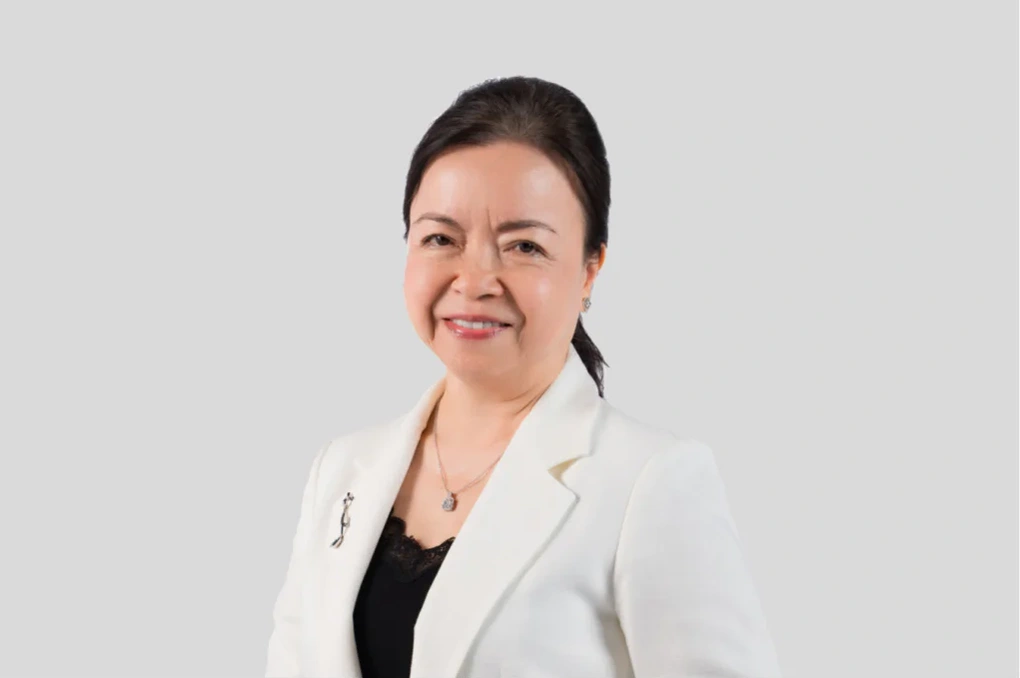



Comment (0)